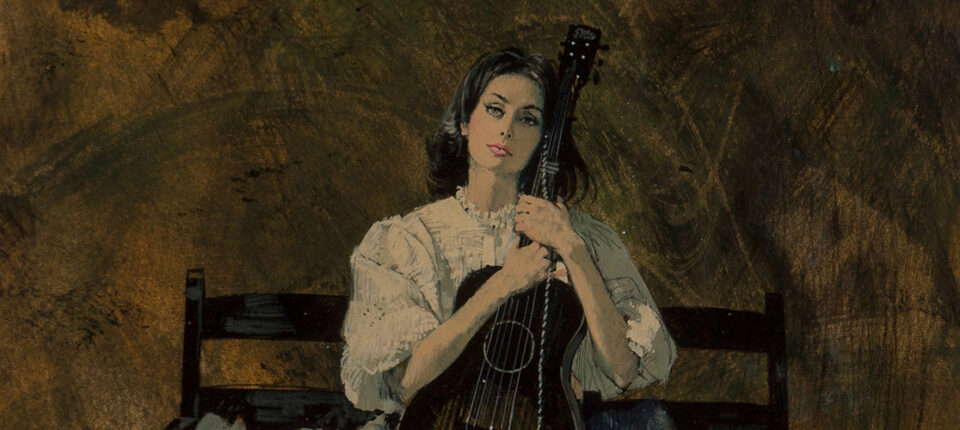Welcome to the second installment of our annual roundtable discussion ahead of the Edgar Awards. We’ve brought together some of the most talented crime writers to talk about the key issues facing the genre, along with some of their personal annoyances. We appreciate everyone who contributed, and let’s dive into their thoughts.
Jess Lourey, nominated for Best Paperback Original for her book *The Taken Ones*, highlighted the importance of inclusivity in crime writing. While organizations like Crime Writers of Color and Sisters in Crime have made great strides, there are still untold stories and underrepresented voices. “We all rise together,” she says, emphasizing that diversity benefits the entire genre.
Susan Isaacs, nominated for the Sue Grafton Memorial Award for her novel *Bad, Bad Seymour Brown*, discussed the challenge of staying focused. Crime writing requires building a world and populating it with believable characters, but distractions abound—especially online. She shared how even a simple search for a synonym can lead down a rabbit hole, and before you know it, hours are lost to random internet content. She also noted the distractions of social media, where writers can get caught up in politics or feel pressured to share personal updates. “You have to live in your story’s world, not just observe it,” she advised.
James Lee Burke, a Best Novel nominee for *Flags on the Bayou*, sees today’s crime stories as successors to the literature of the Great Depression. He referenced authors like Steinbeck and Dos Passos, who focused on the crime of injustice. Burke’s work similarly seeks to expose societal wrongs and challenge the status quo.
I.S. Berry, nominated for Best First Novel for *The Peacock and the Sparrow*, raised concerns about freedom of speech in writing. She noted the growing trend of silencing voices, whether through bans or more subtle forms of pressure. “Authors should be able to write honestly and authentically without fear of censorship,” she said, likening books to frogs in an ecosystem—indicators of societal health.
Sean McCluskey, nominated for the Robert L. Fish Memorial Award for his story “The Soiled Dove of Shallow Hollow” in Ellery Queen Mystery Magazine, brought up the potential impact of artificial intelligence. He questioned whether AI could truly replace human creativity and storytelling. While algorithms might generate content, he doubted their ability to craft narratives that engage and surprise readers.
Mary Winters, a nominee for the Mary Higgins Clark Award for *Murder in Postscript*, pointed out the issue of fair compensation for writers. A 2023 survey from The Authors Guild revealed that full-time mystery, thriller, and suspense authors have a median income of just $10,000 from book sales. Writers deserve to earn a living wage and have access to benefits, she argued.
Finally, Scott Von Doviak, nominated for Best Paperback Original for *Lowdown Road*, discussed the diminishing outlets for promoting books and connecting with readers. The closure of publishers like Polis and the decline of Twitter as a promotional platform have made it harder for writers to get their work noticed. While some find success on TikTok, he lamented, “I went to high school in the ’80s.”
Thanks again to our distinguished guests for sharing their insights and experiences. Their diverse perspectives shed light on the many challenges and opportunities in the world of crime writing today.















































